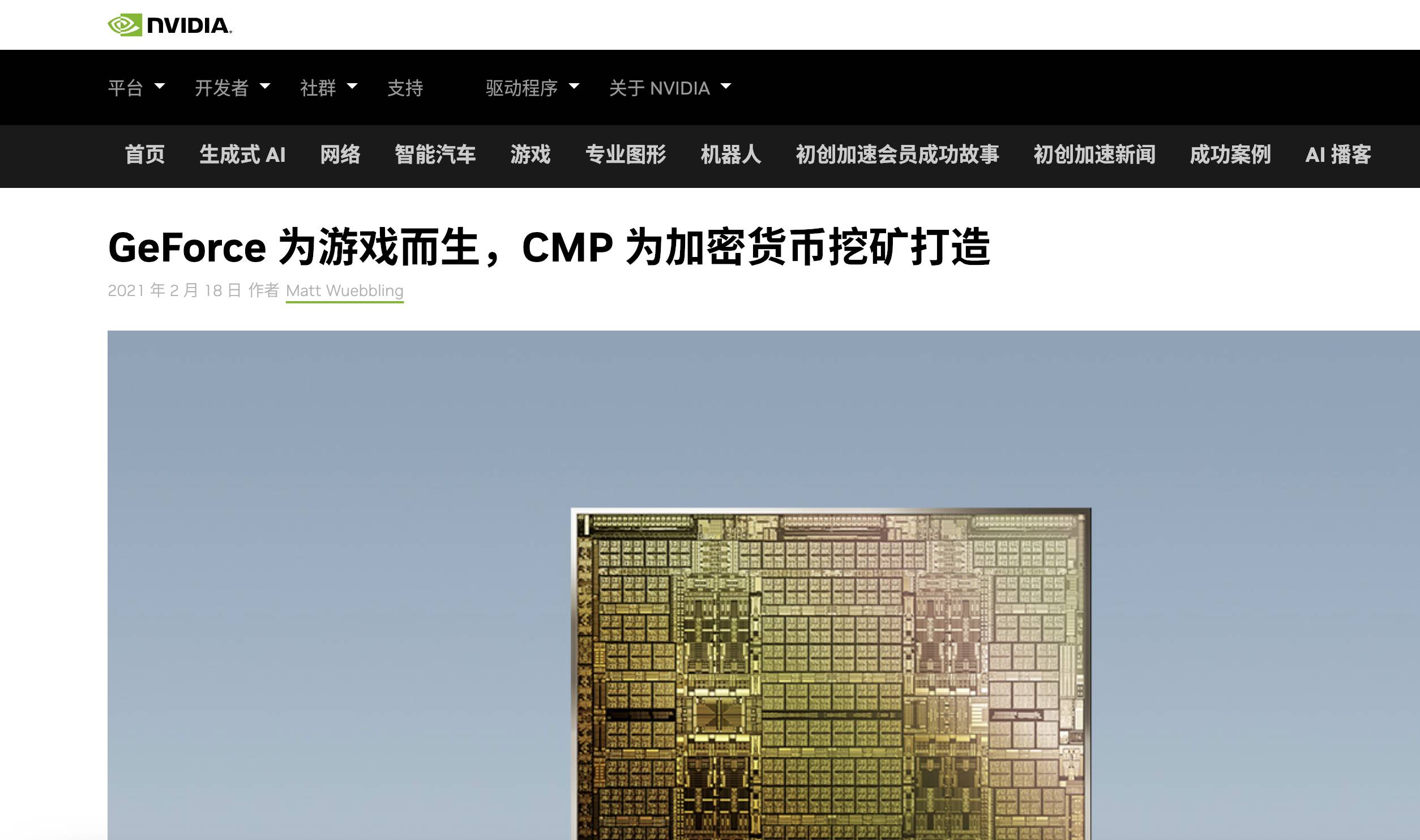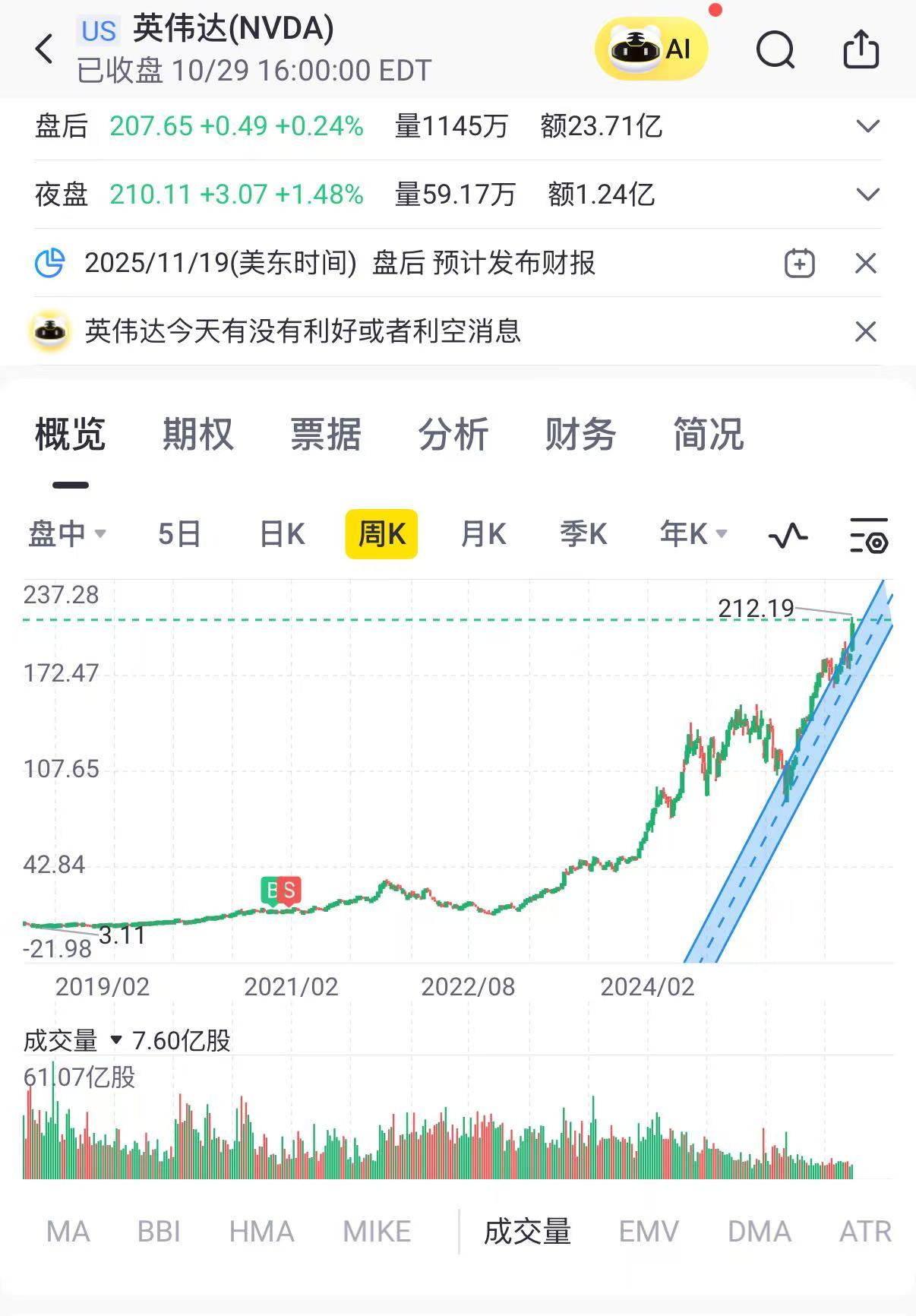Excess profits come from monopoly; monopoly stems from ecological closed loops.
Author: Liam, Deep Tide TechFlow
1.
NVIDIA's market value has surpassed $5 trillion. What does this mean?
This figure exceeds the total GDP of developed countries like Germany and Japan for an entire year.
If you had bought 1 share at the IPO price of $12 in 1999 and held it until now, considering the adjusted stock splits, that investment has roughly grown about 8,280 times.
It can be said that NVIDIA is no longer an ordinary public company, but a "digital nation" with its own "energy system" (data centers), "currency" (AI computing power), "citizens" (developers and enterprise clients), and "territory" (ecosystem).
What’s even more alarming is that NVIDIA's current dynamic price-to-earnings ratio is only 58 times, which seems "cheap" compared to many tech stocks with PEs often in the hundreds or thousands.
In the U.S. stock market, the total market value of the top 10 tech companies exceeds $30 trillion, accounting for more than 40% of the entire U.S. stock market. In other words, are we entering a phase of "oligarchic capitalism," where wealth, computing power, and data are concentrated in the hands of a few companies?
The rise of these super companies is also an important sign of the cyber era, with NVIDIA's influence even surpassing that of many national governments.
2.
Looking back to early 2025, when DeepSeek was all the rage, there were many voices online predicting the decline of NVIDIA, believing that low-cost AI models would impact the demand for NVIDIA's high-end GPUs.
If one had taken the opportunity to buy during the crash, the returns today would exceed 80%.
The truth of investing is often simple: dare to take the path less traveled by the majority.
On a deeper level, the success of DeepSeek is not a threat but a renewed explosion of AI demand; the birth of each new model signifies new GPU orders.
The more AI innovations there are, the stronger NVIDIA becomes.
3.
With a market value of $5 trillion, it is difficult to regard NVIDIA as merely a chip company; it is the largest "infrastructure" of the AI era.
From GPU hardware to the CUDA software ecosystem, from single chips to complete data center solutions, NVIDIA has built the engine of a new industrial revolution. If Microsoft and Google control the application layer entry, and Apple controls the consumer experience, then NVIDIA controls the foundational basis of computing power.
This reminds one of the power companies during the industrial revolution; when electricity became the foundational energy of industrial society, power companies gained a strategic position that surpassed traditional manufacturing. Now, the AI revolution is replaying this history, with computing power companies rising as the "power companies" of the new era.
4.
NVIDIA's true moat lies not in hardware manufacturing but in the monopoly of its software ecosystem.
The CUDA platform is like the Windows operating system of the AI era; once developers become accustomed to this toolchain, the switching costs become extremely high.
From TensorRT to DGX Cloud, NVIDIA has built a complete hardware-software collaborative system. All major AI companies, including OpenAI, Anthropic, Meta, and Google, rely on NVIDIA's infrastructure. This dependency creates a powerful network effect: the more users there are, the stronger the ecosystem; the stronger the ecosystem, the higher the user stickiness.
Excess profits come from monopoly; monopoly stems from ecological closed loops.
5.
An ironic phenomenon is that the biggest enemy of contemporary workers may be NVIDIA.
This Tuesday, American e-commerce giant Amazon announced it would lay off 30,000 employees to cut costs, while at the same time, Amazon is frantically purchasing NVIDIA's H200 graphics cards.
AI is eliminating thousands of ordinary jobs.
For Silicon Valley workers, one hedging strategy is to invest in NVIDIA.
Cruel, yet realistic.
6.
NVIDIA's growth story is also an evolution of technological narrative.
It initially focused on gaming GPUs, but when the gaming market slowed and graphics cards became unsold, fate always brought it new "white knights."
The first time was cryptocurrency.
The ETH bull market in 2017 made "GPU graphics cards" that could be used for mining a scarce commodity, and the roar of mining farms brought a revival to NVIDIA's financial reports.
In the 2018 fiscal year, NVIDIA's annual revenue reached a new high of $9.7 billion. Jensen Huang stated, "Our GPUs support the world's largest scale of distributed supercomputing, which is why they are so popular in the cryptocurrency field."
Additionally, NVIDIA launched mining-specific models like the GTX 1060 3GB and the P106, P104 professional mining cards.

The second time was AI. The AI wave ignited by OpenAI made NVIDIA the biggest winner.
From gaming to mining to AI training, seemingly different application scenarios share a surprisingly consistent underlying logic—an insatiable thirst for computing power. NVIDIA keenly captured this essence: no matter how technology changes, computing power will always be the foundational currency of the digital world.
7.
Regrettably, the first U.S. stock I bought in my life was NVIDIA in 2021.
A beautiful beginning, but without a proud ending; I sold it early.

However, I do not regret this decision because I know that it was not a true opportunity for me. The purchase at that time was more of a coincidence rather than a rational judgment based on in-depth research.
A chance encounter does not equate to a true investment opportunity. Real opportunities require a combination of deep understanding, long-term persistence, and contrarian thinking.
What is the true missed opportunity? It is when you spend a lot of time and energy researching, invest a huge amount of money, yet still do not gain any returns.
Those investors who have gained substantial returns from NVIDIA did not rely on luck but on profound insights into technological trends and overcoming human weaknesses.
Salute to them.
免责声明:本文章仅代表作者个人观点,不代表本平台的立场和观点。本文章仅供信息分享,不构成对任何人的任何投资建议。用户与作者之间的任何争议,与本平台无关。如网页中刊载的文章或图片涉及侵权,请提供相关的权利证明和身份证明发送邮件到support@aicoin.com,本平台相关工作人员将会进行核查。




